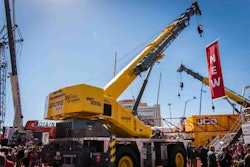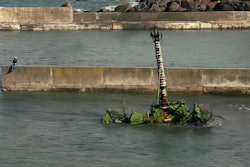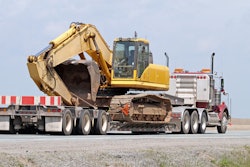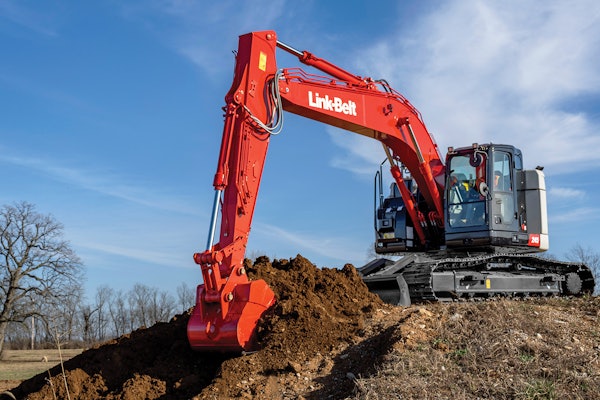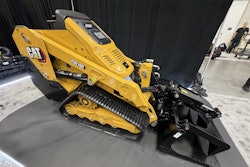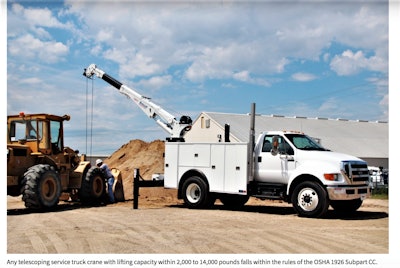
In 2013 OSHA was on the verge of requiring certification for most operators of cranes with more than 2,000 pounds lifting capacity by November 2014. That included the operators of heavy equipment service vehicles, tire changing trucks and many material delivery trucks—practically everyone with a small crane in the construction industry.
At the last minute, OSHA decided to delay the ruling until 2017, But then again, in November 2017, OSHA said it would delay the ruling until November 10, 2018.
In light of the delays and uncertainty, the crane certification and training associations have started a public relations campaign titled: It’s Not Worth the Wait.
The initiative lists five reasons why you’re better off getting your operators trained and certified now, rather than waiting for the 2018 deadline.
- If you wait until the last minute you may not have time to get certified.
- Employers still have an obligation to train, so why not see if that training has been effective by testing and certification.
- You’re probably paying higher insurance premiums if your operators aren’t certified.
- You’re likely missing out on jobs with employers who do have certified operators.
- And ultimately, it’s the right thing to do.
“It’s not the first time the industry has had to come to terms with an extension of this rule, but, in the minds of most safety-conscious professionals, this should not be a reason to further delay training and certification,” says Graham Brent, CEO of the National Commission for the Certification of Crane Operators. “Every day that goes by without certified operators in the cab means those working around cranes—and even the general public who daily navigate construction sites in city after city across the country—are being put at greater risk of a crane incident that need not have happened,” he says.
“The safety benefits that accrue from professionally developed, accredited certification that has been available now for more than two decades are so compelling, it just doesn’t make any sense to delay embracing it a day longer,” Brent says.
For more information about the campaign you can go to the NCCCO website here.
The group also put out a series of videos from industry leaders saying why they advocate certification now. You can view those here.
And if you want to learn more about the types of cranes under consideration and what you need to do for certification, check out our original article from the June 2013 issue of Equipment World here.
